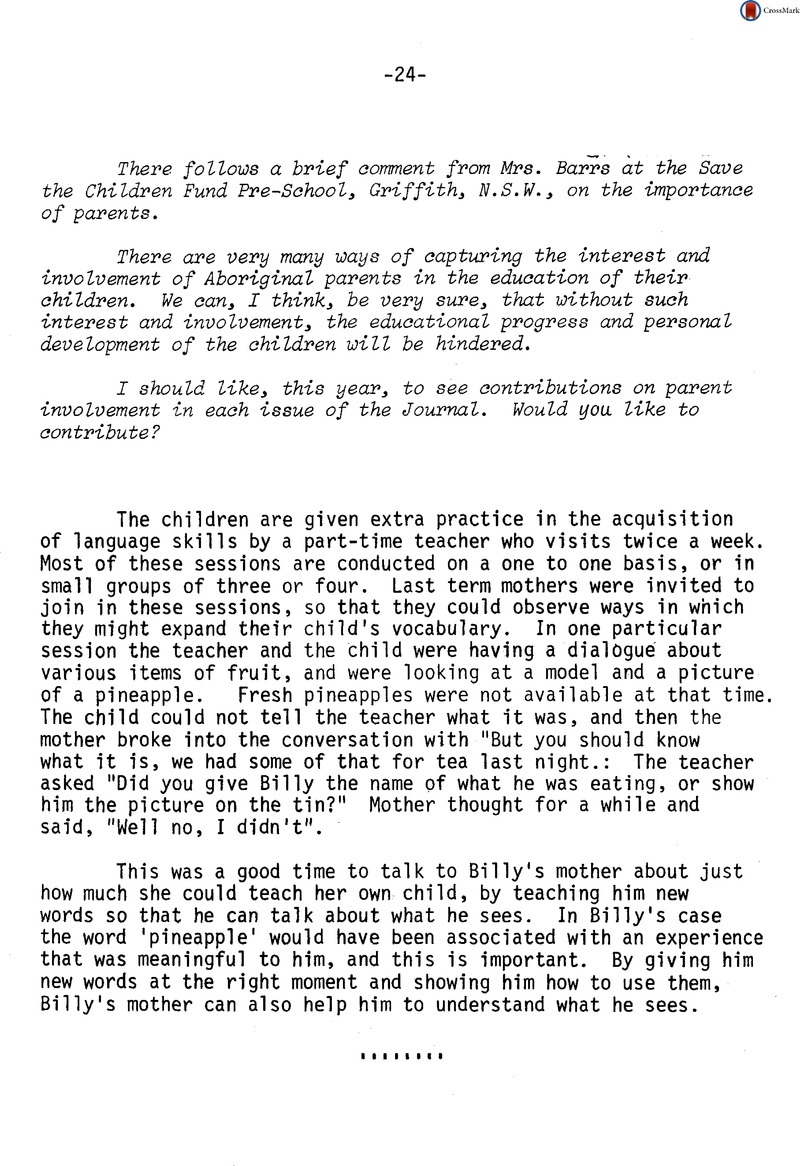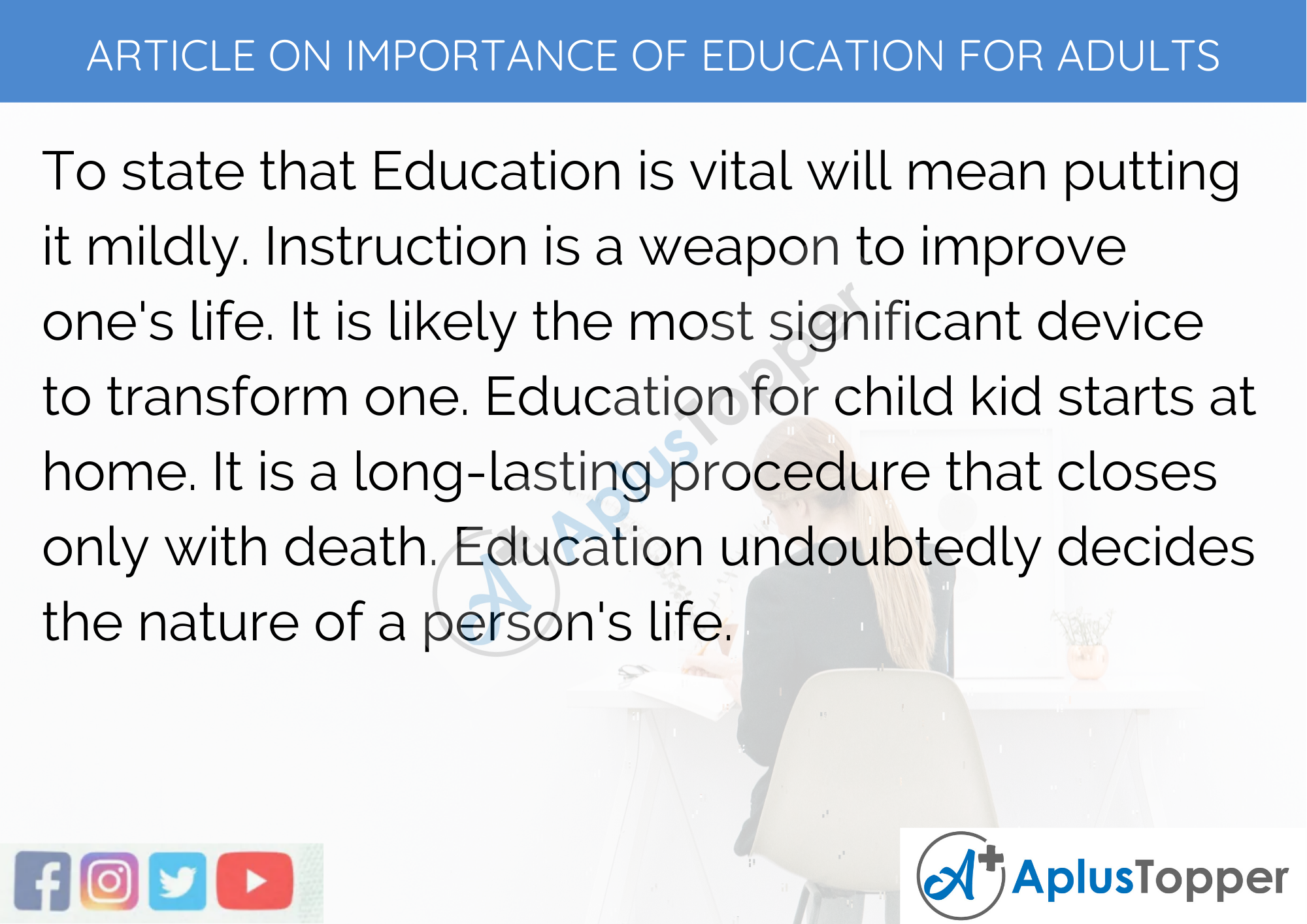Education is a fundamental human right and an essential prerequisite for personal, social, and economic development. It is the foundation upon which individuals, communities, and societies can build their futures, and it plays a crucial role in promoting social cohesion and combating poverty and inequality.
In today's rapidly changing and increasingly complex world, education is more important than ever. It equips individuals with the knowledge, skills, and values they need to navigate the challenges of the modern world and to participate fully in society. It helps people to develop their full potential and to make informed decisions about their lives. It also helps to promote critical thinking, creativity, and innovation, which are essential for solving problems and driving progress.
There are many benefits of education, both for individuals and for society as a whole. Some of the key benefits of education include:
- Improved employment prospects: Education can increase an individual's employability and earning potential, as it enables them to acquire the skills and knowledge needed to succeed in the job market.
- Increased social mobility: Education can provide individuals with the opportunity to move up the social ladder and to achieve their goals and aspirations. It can also help to reduce social inequality and to promote social cohesion.
- Personal development: Education can help individuals to develop their full potential and to become more self-aware and confident. It can also help to broaden their horizons and to expose them to new ideas and perspectives.
- Contribution to the economy: Education is a key driver of economic growth and development. It helps to create a skilled and productive workforce, which can lead to increased innovation and competitiveness.
- Improved health outcomes: Education can lead to improved health outcomes, as it can help individuals to make informed decisions about their health and to adopt healthy behaviors.
Despite these benefits, there are still many challenges to education. In some parts of the world, access to education is limited due to poverty, conflict, or other factors. This can have a significant impact on an individual's ability to succeed in life and to contribute to society.
It is therefore important that governments, international organizations, and other stakeholders work together to ensure that all individuals have access to quality education. This can involve investing in education infrastructure, providing financial support for students from disadvantaged backgrounds, and working to improve the quality of teaching and learning.
In conclusion, education is a fundamental human right and a key driver of personal, social, and economic development. It is essential for individuals to be able to fully participate in society and to achieve their goals and aspirations. It is therefore important that we prioritize education and work to ensure that all individuals have access to quality education.







